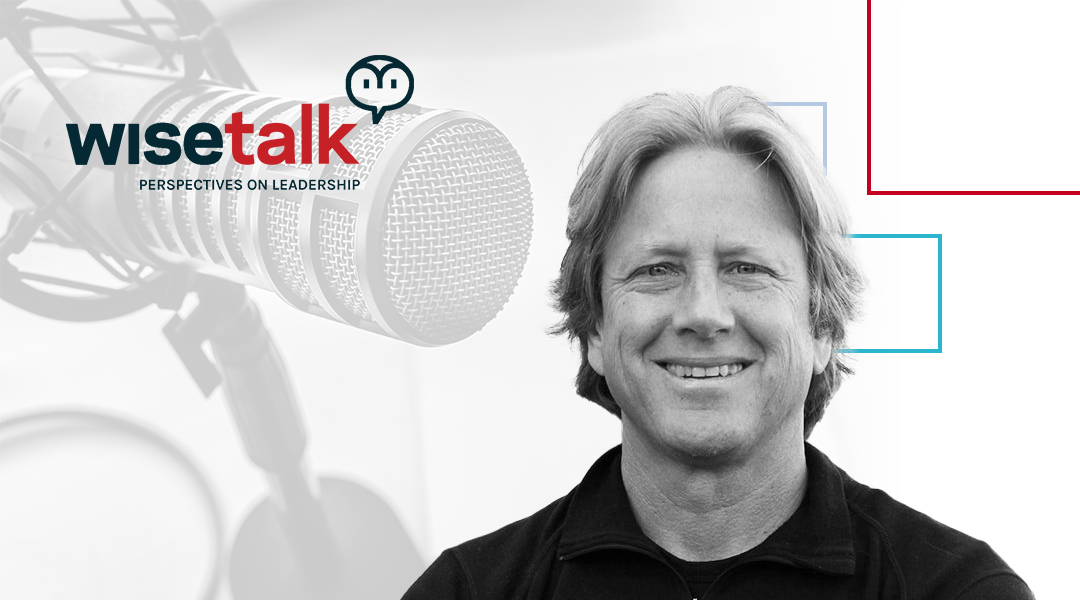Summary & Highlights
Sue Bethanis hosts Dacher Keltner, a professor of psychology at the University of California, Berkeley and the faculty director of the Greater Good Science Center. His book, The Power Paradox: How We Gain and Lose Influence, argues that people acquire power through socially intelligent practices, but lose those talents once feeling the surges of power.
The idea that power corrupts is culturally reinforced daily by the latest newspaper headlines. It seems that once people assume positions of power, they’re likely to act more selfishly and aggressively, and they have a harder time seeing the world from other people’s points of view.
Why does gaining power often cause people to misuse that power and lose it? According to Dr. Keltner, this is the crux of the paradox of power: “The skills most important to obtaining power and leading effectively are the very skills that deteriorate once we have power.” So, how can we stop ourselves from abusing power and avoid the mistakes of the past?
Dr. Keltner and Sue discuss:
- Why we need to question a coercive model of power
- How feeling powerful makes us less empathetic and responsive to others
- Why power is about lifting others up
- Why lasting power is given, not grabbed
- A fivefold pathway to enduring, empathetic power
Guest Profile
Dr. Dacher Keltner is a professor of psychology at the University of California, Berkeley and the faculty director of the Greater Good Science Center.
A renowned expert in the biological and evolutionary origins of human emotion, Dr. Keltner studies the science of compassion, awe, love, and beauty, and how emotions shape our moral intuition. His research interests also span issues of power, status, inequality, and social class. He has over 200 scientific publications and six books, including Born to Be Good, The Compassionate Instinct, and The Power Paradox. He has written for many popular outlets, from The New York Times to Slate. He was also the scientific advisor behind Pixar’s Inside Out, is involved with the education of health care providers and judges, and has consulted extensively for Google, Apple, and Pinterest, on issues related to emotion and well-being.
Resources
- Book: The Power Paradox: How We Gain and Lose Influence
- Website: dacherkeltner.com
- Connect on LinkedIn

